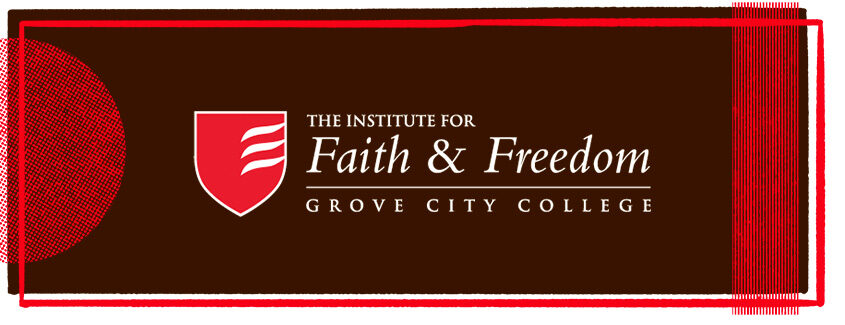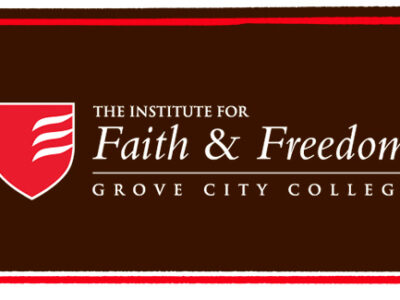
Editor’s note: This article first appeared at the Pittsburgh Tribune-Review.
“Oh my gosh, daddy, they’re killing each other!”
So said my son John in a plea of desperation. He was referring not to his siblings, mercifully, but to our turkeys.
I was at the office when John telephoned. His voice was so loud that the student in my office could hear him. She laughed in relief as she learned that John was describing not an act of homicide by two younger brothers but wrestling by three male turkeys.
 “Daddy, they have one pinned on the ground and they’re killing it. Oh no, it’s dead.”
“Daddy, they have one pinned on the ground and they’re killing it. Oh no, it’s dead.”
I ordered John to calm down and get his mom on the phone.
“What’s up?” I asked my wife.
“Well,” she said. “They’re definitely going at one another.”
“Is one of them dead?”
“No, I don’t think so.”
I told her to call our neighbor across the street, who raises turkeys, chickens, peacocks, ducks, and all sorts of birds. I had gotten the turkeys from him in May, when they were a week old.
Our neighbor calmly explained that such behavior is expected of three male turkeys this far into their development and desperately lacking a female. Don’t worry, he said. They’re fine. And besides, the next morning they had a date scheduled with the butcher. My neighbor helped me net them.
Raising turkeys is certainly easier than raising kids. The kids all react very differently to the enterprise. My second daughter gets so distraught over the turkeys’ ultimate fate that she averts her eyes from them throughout their growth. It saddens her to know of their denouement with the knife. It saddens her, too, that her old man raises the birds with that intention. She casts me a disapproving look as if she’s looking at Jack the Ripper.
Of course, the real Jack the Ripper is the lady who “processes” the birds. When I first started raising chickens, it was a little old Amish lady named Fannie.
I would bring them to her and ask, “Are they ready?”
“Yep,” Fannie would say, in a sweet high-pitched voice, “time to take their heads off.”
Fannie, however, draws a line with turkeys. “They’re too strong,” she told me. “They beat me up.”
For the turkeys, I go elsewhere.
This was my second year raising turkeys. The first year I did two. This time, three. Next year, I’m going for four, with a mix of male and female. I might try reproducing them.
Readers might wonder why a conservative political science professor would bother raising turkeys at all, especially given their easy purchase at a store.
The answer is my family. It’s good for us to learn some basic skills of self-survival and farming. My grandfather on my mom’s side grew up on a farm. During the Great Depression, his large family barely noticed the social-financial upheaval all around them.
If such a situation happens again in this country, it would be good to have some of those skills. Even if it doesn’t, it’s good for kids to learn where food really comes from. It doesn’t magically appear in stockrooms of grocery stores.
Raising turkeys, I’ve found, is good for raising kids as well. And homegrown turkeys also taste good on the Thanksgiving table.
Happy Thanksgiving, everyone.



